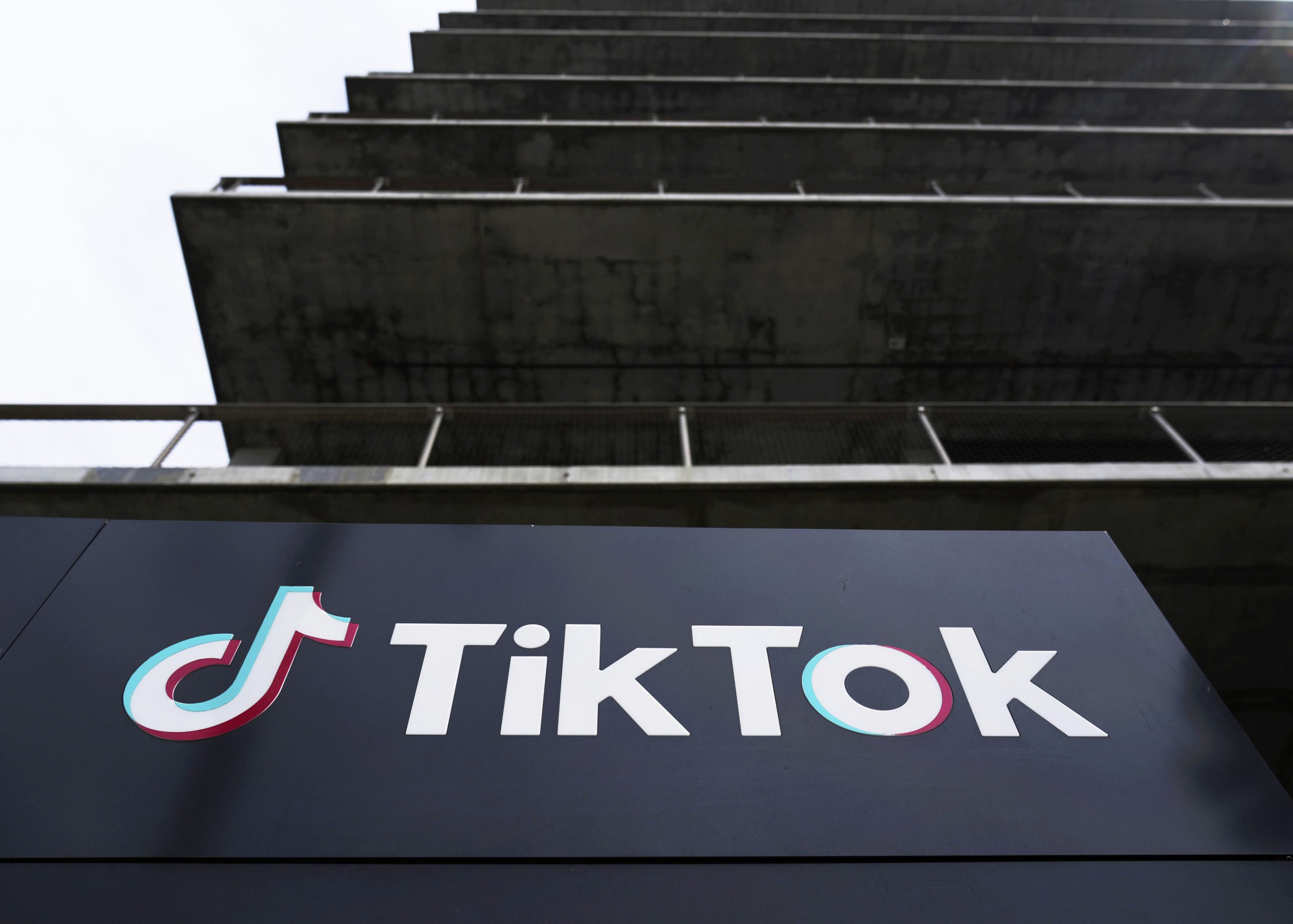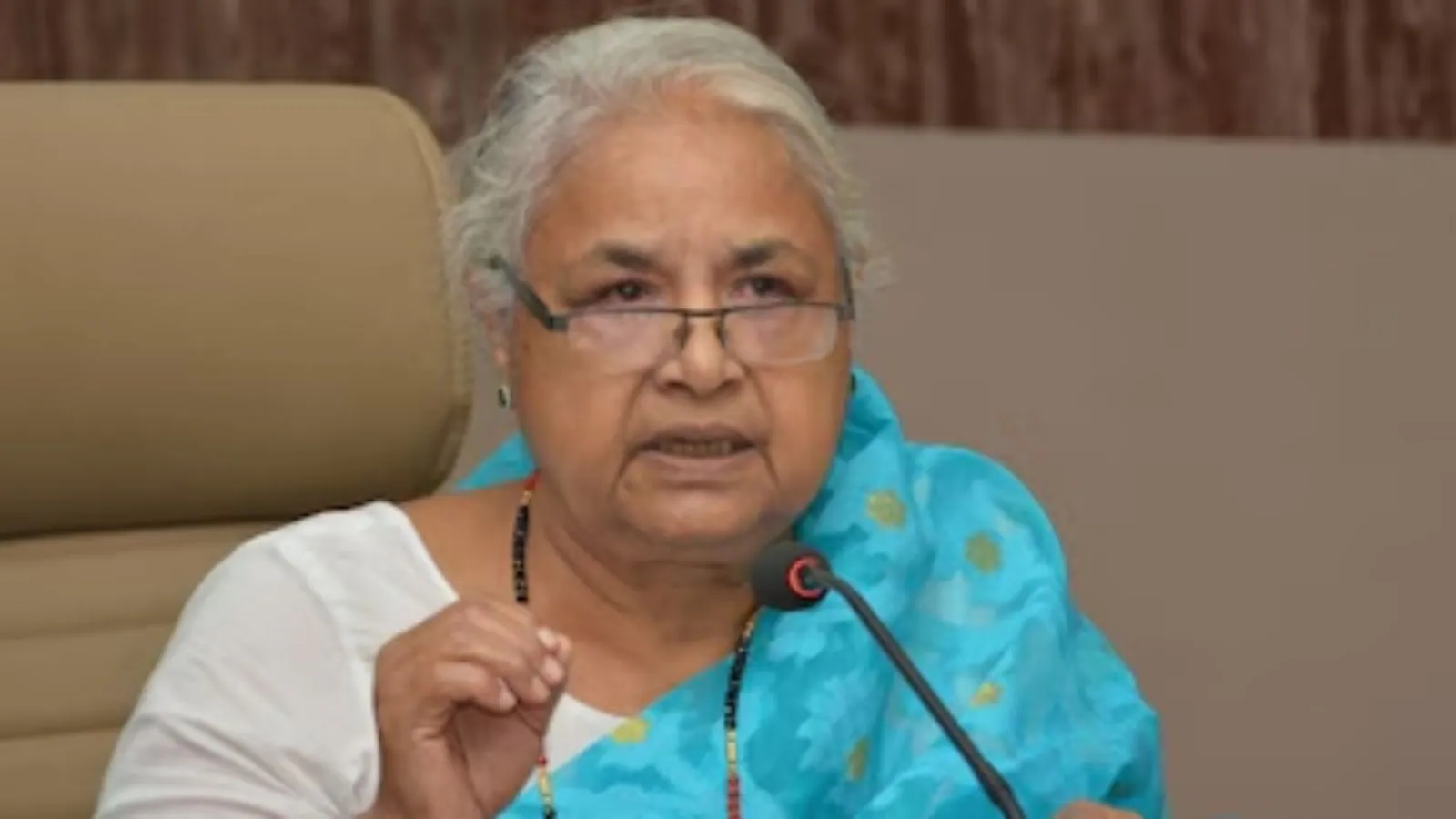By Samannay Biswas
Copyright timesnownews

The Reserve Bank of India (RBI) is reportedly considering allowing lenders to remotely lock mobile phones purchased on credit if borrowers default on small-ticket loans. While the move aims to reduce bad loans and strengthen recovery mechanisms, it is also sparking debates over consumer rights, data protection, and digital access. RBI’s Proposed Guidelines According to sources, the RBI plans to update its Fair Practices Code within the next few months. The new guidelines are expected to: Permit lenders to use phone-locking apps in case of loan defaults.Mandate prior consent from borrowers before activating any lock.Restrict lenders from accessing or misusing personal data stored on locked devices. The central bank had previously directed lenders to halt phone-locking practices in 2024. But after consultations with major financiers, it is now revisiting the option with stricter safeguards. Why Phone-Locking? Over one-third of consumer electronics in India, including smartphones, are bought through financing. With over 1.16 billion mobile connections, loan defaults in this segment are a growing concern. Loans below ₹1 lakh ($1,133) face some of the highest delinquency rates, according to CRIF Highmark. Non-bank lenders such as Bajaj Finance, DMI Finance, and Cholamandalam Finance, which account for 85% of consumer durable loans, are likely to benefit if RBI clears the proposal. Advocacy groups, however, warn of risks. “This practice weaponizes access to essential technology to enforce repayment. It could lock people out of livelihoods, education, and financial services until dues are cleared,” said Srikanth L., founder of CashlessConsumer. Critics fear that millions of low-income borrowers could face unfair pressure if lenders misuse the system, especially since smartphones are now essential for UPI payments, online education, healthcare apps, and government services. The RBI has not officially commented. But insiders say the regulator wants to strike a balance between improving credit discipline and protecting digital rights. If implemented, the guidelines could set a precedent for how far lenders can go in securing small-ticket loan recoveries without compromising consumer freedoms.



